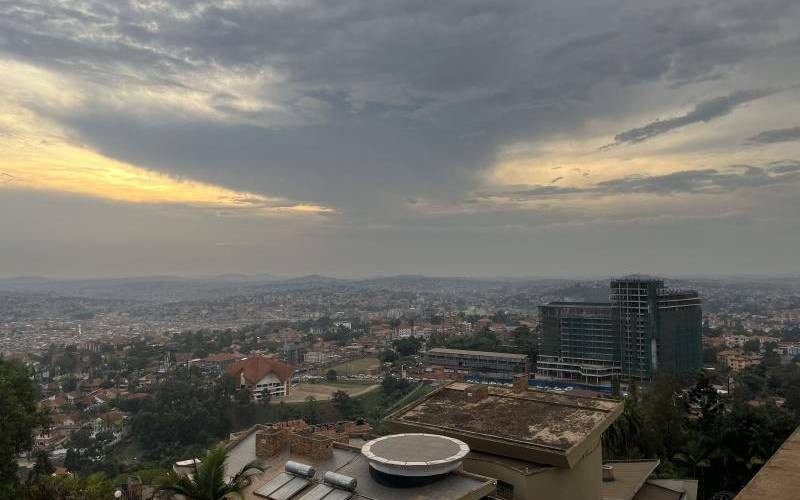×
The Standard e-Paper
Smart Minds Choose Us

Prof Joseph Kimura, an alumnus of Makerere University gave me clear instructions. "Check if the forest inhabited by bats at Makerere University is still there."
He was there in 1969. I shared some photos, he will mark my assignment.